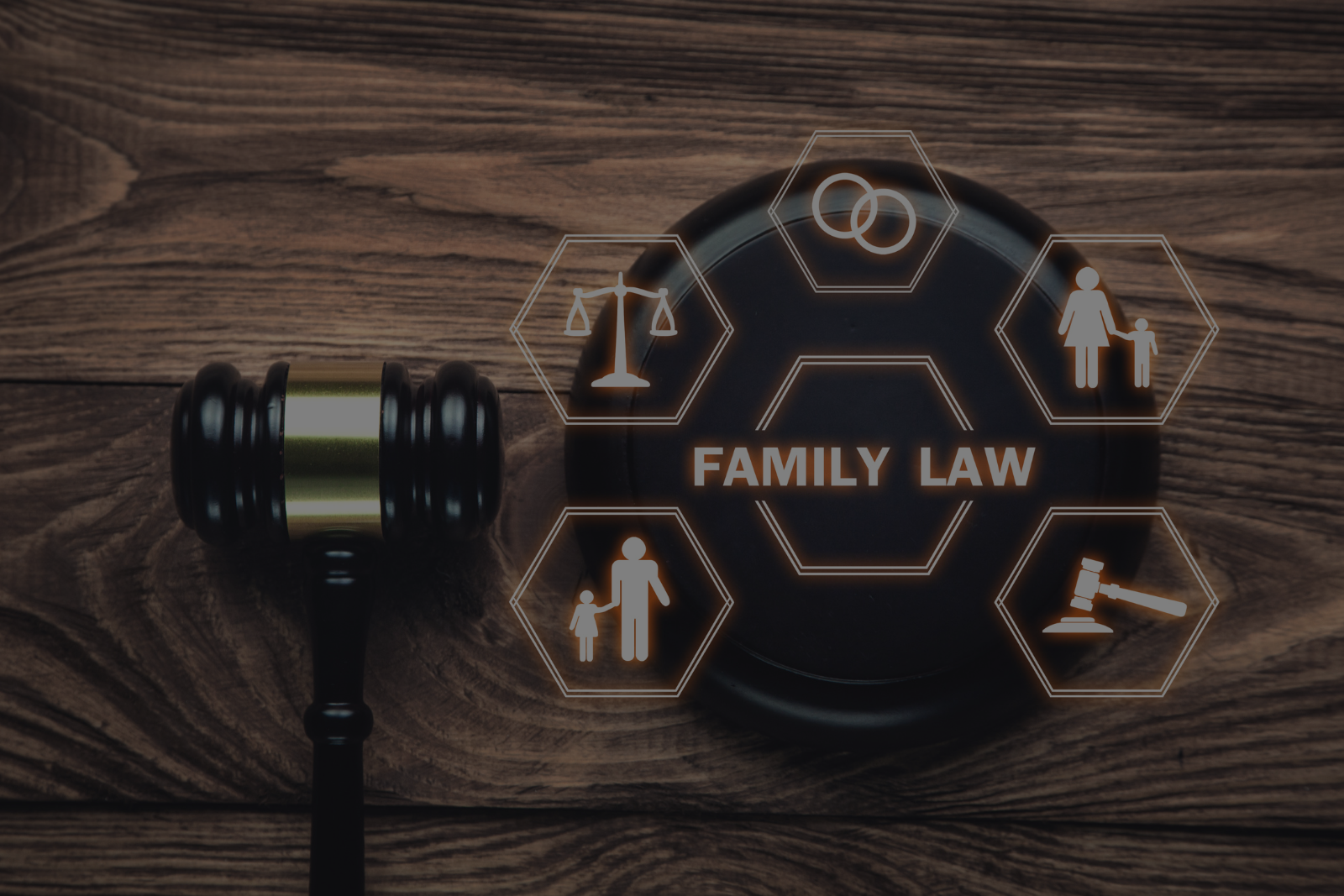What is a Power of Attorney?
In its simplest form, a Power of Attorney (POA) is a legal document that allows you to nominate another person to make legal and financial decisions on your behalf.
There are two different types of POAs that you may wish to consider, depending on your circumstances:
- General Power of Attorney: a General POA does not last indefinitely and is more like a one-off power that is granted for a set period of time and a set purpose. For example, if you are buying a home and will be overseas at the time of settlement, you may give someone a General POA to finalise the purchase on your behalf. In that situation, you can nominate that the General POA ends as soon as the purchase is finalised.
- Enduring Power of Attorney: as the name suggests, an Enduring POA is enduring. It will continue even after you have lost capacity and is valid up until death, at which time the Executor appointed under a person’s Will is responsible for all decisions associated with the administration of the deceased’s estate. An Enduring POA is useful to have in place in case something happens to you in the future.
What does an Enduring Power of Attorney actually do?
When you nominate someone as your enduring POA, you are giving them the authority to manage all your legal and financial affairs, including buying and selling real estate, shares and other assets, operating your bank accounts and spending money on your behalf.
When drafting up an Enduring POA, you can also give your POA the ability to draw on your funds to pay for any living or medical expenses that you may require. That is why it is important that you choose someone you trust, as it can often be the case that funds are mishandled and a nominated Power of Attorney may take advantage of the position they have been given.
Who can I appoint as my Power of Attorney?
It is important to choose someone who you trust to manage your finances and important assets, and who will act in your best interests, particularly if you become incapacitated and are unable to make such decisions for yourself.
This can be your spouse, a family member, a friend, a solicitor or a trustee organisation, such as NSW Trustee & Guardian.
You may also choose either one attorney or several attorneys to act on your behalf. If you are choosing more than one attorney, you also have to decide whether your attorneys are to be appointed as follows:
- Jointly – where your attorneys must act together in making decisions; or
- Jointly and severally – where your attorneys may choose to act individually or they may act together in making decisions.
What happens if I change my mind and need to revoke my Power of Attorney?
There are many reasons why an Enduring Power of Attorney may need to be revoked, which can include:
- you may simply change your mind as your relationship with that person changes;
- you may feel they are no longer up for the job or are not acting in your best interests;
- your funds are being mishandled;
- your nominated attorney is no longer available to act;
- your attorney has passed away or has lost capacity to make decisions; or
- they simply ask not to be your attorney anymore.
The good news is that you can revoke your Power of Attorney at any time, provided that you still have the capacity to make decisions for yourself. All you need to do is inform your Power of Attorney in writing that they are no longer needed, return or destroy any existing copies of your POA, de-register the existing Power of Attorney (if the POA is registered) and then complete a new Power of Attorney, making sure to indicate that you wish to revoke your previous Power of Attorney.
These are all things that can be handled by a qualified Wills & Estates Lawyer. Contact our team today if you need assistance in this area.
Can I make a Power of Attorney on someone else’s behalf?
It is often the case that the children of elderly parents may want to complete a Power of Attorney on their parent’s behalf. However, before this can happen, a Wills & Estate Lawyer will first need to talk to the person who requires the Power of Attorney via video call or in person to determine their testamentary capacity. In some circumstances, a letter from their medical practitioner may also be required to confirm their capacity.
It is best to contact our Wills & Estate Lawyers on 02 9262 4003 or submit an online enquiry to discuss your individual circumstances before proceeding.
How can I get help with my Power of Attorney?
An experienced Wills & Estates Lawyer can assist with drafting up a Power of Attorney.
At Ivy Law Group, you can complete your Power of Attorney online. Once submitted, our lawyers will go over your responses with you before providing a final copy ready for signing and execution. It’s a simple, convenient, and straightforward way to make your wishes known. You can get started here.
If your matter is quite complex and you wish to schedule a consultation, feel free to get in touch with our Sydney Wills & Estates Lawyers.
The content of this article is intended as a general guide to the subject matter. For specific legal advice about your individual circumstances, please contact our experienced lawyers.
Angela is an experienced property lawyer, focusing specifically on residential and commercial conveyancing, leasing and off-the-plan developments.
She has worked with a variety of different clients throughout her career, giving her greater insight into understanding the different drivers people have when it comes to property matters, so that she can achieve the best possible outcome for them.





